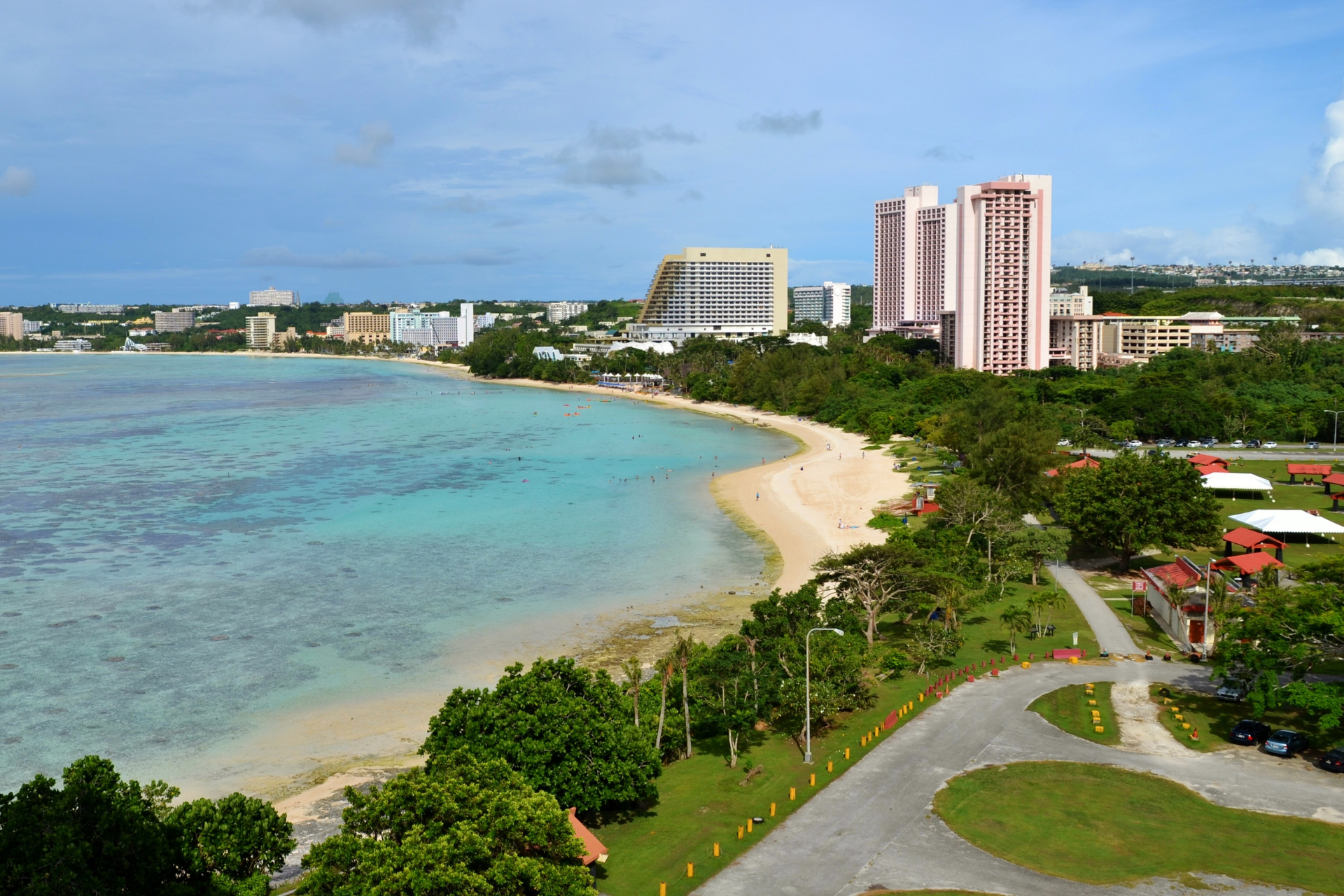Jose Luis Vaello-Madero received SSI benefits from Social Security when he lived in New York. When he moved to Puerto Rico, he continued receiving those benefits for several years, even though residents of Puerto Rico are not eligible for SSI.
SSI, or Supplemental Security Income, is specifically for elderly, disabled, needy individuals.
When Social Security realized that they had made the error of sending funds to Vaello-Madero, they sued him to recover the $28,081 they had paid him. Vaello-Madero won his case, and won again when Social Security appealed the decision.
The federal government insisted on taking the case to the Supreme Court, even though President Biden expressed compassion for Vaello-Madero and the people of Puerto Rico.
Brief filed
On August 30th, Vaello Madero’s legal team filed a brief on his behalf.
The brief begins with the following statement of the “Question Presented”:
Whether aged, blind, and disabled citizens who satisfy the need-based eligibility criteria for Supplemental Security Income (SSI) are deprived of equal protection under the Fifth Amendment when Congress excludes them from this uniform national program solely because they reside in Puerto Rico, a U.S. territory that has been held without federal voting power for more than 120 years.
It goes on to describe the arguments being made by the Department of Justice:
Congress can treat Puerto Rico differently solely because of the island’s “unique” status and “unparalleled” relationship with the United States. Petitioner claims that Puerto Rico’s “unique” status benefits its residents because it means that they pay less federal taxes and can take care of their own. According to petitioner, Congress can legitimately deny the neediest citizens in Puerto Rico equal access to federal benefits as a “price” for this local autonomy.
“Not only is this explanation wildly out of touch with Puerto Rico’s political and fiscal reality,” the brief continues, “but it also fails to explain why poor and disabled Americans in Puerto Rico must carry this burden when similarly situated Americans in the most autonomous jurisdictions in our federated system, states, are not required to make this sacrifice.”
Separate but equal
Congress is allowed to treat Puerto Rico, which is an unincorporated territory, differently from states — as long as there is a “rational basis” for doing so. The Department of Justice has argued that Puerto Rico’s unusual (President Biden has called it “bizarre“) status is a good reason to deny SSI benefits to residents of the Island.
Vaello-Madero’s team disagrees.
They wrote, “Puerto Rico’s ‘unique’ status means only one thing: Although Puerto Rico is a U.S. territory that has been subject to U.S. control for more than 120 years, the people of Puerto Rico (U.S. citizens by birth) have no federal voting power and lack the political power to set their own destiny.”
They also pointed out that the idea of applying different standards to different groups of U.S. citizens is contrary to the values of our nation.
“Justice Harlan wrote a separate dissent,” in one of the earliest of the Insular Cases, they pointed out, “warning that the ‘idea that this country may acquire territories anywhere upon the earth, by conquest or treaty, and hold them as mere colonies or provinces—the people inhabiting them to enjoy only such rights as Congress chooses to accord to them—is wholly inconsistent with the spirit and genius as well as with the words of the Constitution.'”
Applicability of income tax
The DOJ connected the fact that most residents of Puerto Rico do not pay income taxes with the fact that they are ineligible for SSI. The brief points out that, by definition, SSI recipients living in states also do not pay income tax. The eligibility requirements are such that no SSI recipient earns enough money to be required to pay any income tax.
That makes the question of income taxes in Puerto Rico irrelevant to the case.
The argument that there is a “rational basis” for the discrimination against Puerto Ricans is an empty one, according to the brief. “By virtue of its status as a territory, Puerto Rico has no Electoral College votes and consequently its residents do not vote in Presidential elections. Puerto Rico has no senators and its sole representative in Congress is a non- voting resident commissioner,” the brief points out. “This lack of voting power means Puerto Rico residents were not able to vote for or against their exclusion from SSI, and they cannot vote to modify it.”
The United States Department of Justice has one month to respond. Oral arguments have not yet been scheduled, but will take place in the future.



02.09.2021
Supreme Court Considers Extension of SSI Benefits to Puerto Rico
Equality does not exist in the USA. Equality is neither a generic nor a nurtured factor in the emotional behaviour of the USA’s people.
A win for the defendant would set a president that would be very likely considered by the court to be against the norms of the emotional behaviour of the USA’s people.
Here are some examples of what can be expected from the US Supreme Court a.k.a. SCOTUS
Dred Scott v. Sandford (1857)
Plessy v. Ferguson (1896)
Buck v. Bell (1927)
Korematsu v. United States (1944)
RF McDonald D. IE